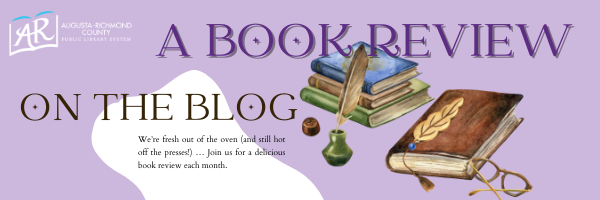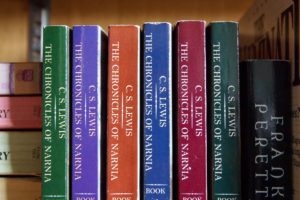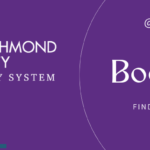If you recently watched the very popular Disney movie “The Lion, the Witch and the Wardrobe”, you might be aware that C. S. Lewis wrote a total of seven books about Narnia.
These are, in order of the internal chronology of events:
1 – The Magician’s Nephew
2 – The Lion, the Witch and the Wardrobe
3- The Horse and His Boy
4 – Prince Caspian
5 – The Voyage of the Dawn Treader
6 – The Silver Chair
7 – The Last Battle
The novel “Prince Caspian” begins one year after the events told in “The Lion, the Witch and the Wardrobe” on a railroad platform where Peter, Edmund, Susan and Lucy are waiting for trains that will take them to their boarding schools. Suddenly they feel themselves transported into another world, and after a few hours of wandering about they realize that it is Narnia, where many centuries have passed in the meantime.
The second plot line involves young Prince Caspian, heir to the throne of Narnia, who has to flee from his usurping uncle Miraz. Deep in a forest he discovers some of the “Old Narnians” – talking beasts and dwarfs – and later decides to challenge his uncle for the kingship.
Soon, though, the military situation deteriorates for Caspian and his small army, and they end up besieged on Aslan’s How, a hill built over the site of the stone table that played a crucial role in “The Lion, the Witch and the Wardrobe”. When things look utterly bleak, Caspian uses his most precious object, Queen Susan’s Horn, to summon help.
This review does not try to give away too much more of the plot and spoil the reader’s enjoyment, so let me just say that the two plot lines intertwine, there are thrilling battle scenes (including a duel) and a wonderful celebration at the end.
Lewis does a good job of showing the gradual re-transformation of the four children, who once again turn from being English schoolchildren to becoming Kings and Queens of Narnia.
To me, “Prince Caspian” is one of the three best books in the Narnia series, together with “The Lion, the Witch and the Wardrobe” and “The Magician’s Nephew”. In many ways, it repeats themes from “The Lion, the Witch and the Wardrobe”, but adds an interesting perspective by having the events of the earlier book become the stuff of legend.



